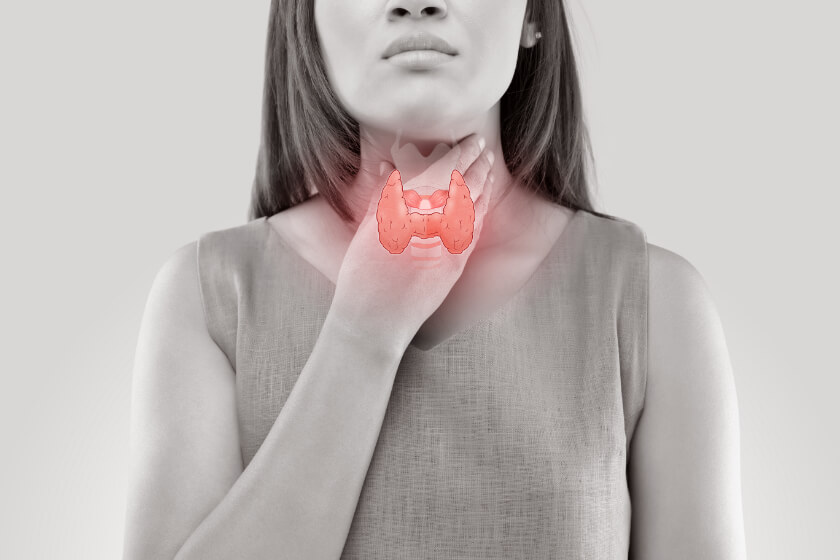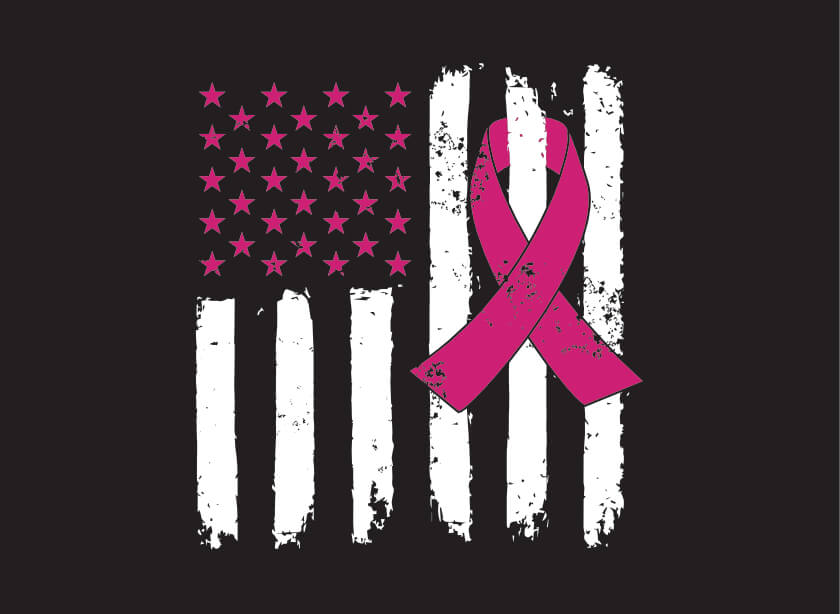
Is it Safe to have an MRI Scan with Tattoos? Here is What You Need to Know.

Tattoos are gaining in popularity these days, with four in ten Americans sporting at least one tattoo, according to Statistica. People are more likely to get ink nowadays because tattoos do not carry the taboo they once held. Many people avoided tattoos because they worry that such body art might prevent them from getting a job. Today, some people worry about getting a tattoo out of fear they might suffer side effects when they undergo certain medical procedures, such as magnetic resonance imaging (MRI).
Websites, such as Healthline, warn that there is a slight risk that MRIs could interact with tattoos to cause swelling and itchiness. The site suggests the risk is higher with the use of lower-quality tattoo pigments and older tattoos.
In a new study, researchers from the Wellcome Centre for Human Neuroimaging, part of Queen Square Institute of Neurology at University College in London explored whether people with tattoos are at a higher risk of side effects. The scientists considered if doctors and other medical professionals could conduct imaging studies on people with tattoos without hesitation. They also wondered if any restrictions for imaging might apply to tattooed patients.
What they found might surprise you.
The researchers found that the risk of experiencing tattoo-related side effects from MRI is very small. This means people with tattoos can safely undergo MRI without worry.
What Makes this Study Different?
Hospitals, research facilities and other medical organizations perform millions of scans, like MRI, on people with tattoos every year without any reports of major side effects. However, there had never been a systematic study on the safety of MRI scanning on people with tattoos.
It had been difficult to study the risk of tattoo-related side effects from MRI examinations in the past because there were fewer people with tattoos, which made it challenging to find enough participants to conduct a thorough study. Research studies using small numbers of participants are not as accurate or as respected as those using a larger pool of participants. The recent trend towards tattooing has increased the number of tattooed people willing to participate in studies like this one, which makes the results more accurate and more meaningful.
Prior to this study, there had been individual reports of adverse reactions. The reports typically described one of two different reactions to MRIs on tattooed skin – a tingling sensation and burns.
MRIs use strong magnetic fields to create images of structures within a patient’s body. The strong magnetic fields in MRI can cause itching and a pulling sensation by attracting the metallic pigments in the tattoo ink.
In one case report involving a football player, scientists explained that tattoo ink may contain small amounts of metallic iron oxides that could potentially interfere with the magnetic field of the MRI. Theoretically, the metallic compounds could create an electric current that increases skin temperature enough to cause a burn.
Testing the Safety of MRI on Tattooed Skin
In this study, researchers from the University College in London examine 330 study participants before and after MRI scanning, testing 932 tattoos in all. The scientists collected data about the participants’ tattoos, such as their size, location and colors. The research team also noted country of tattoo origin.
Most tattoos were black but the researchers did register other colors. The participants had one to seven tattoos each. The majority of tattoos in the London study were performed in Europe, but also came from the United States, Asia, Africa and Australia.
In their testing of 932 tattoos among 330 participants, the researchers detected only one mild tattoo-related adverse reaction.
“We found that the majority of the participants did not notice any side effects with tattoos,” says Nikolaus Weiskopf, Max Planck Institute for Human Cognitive and Brain Sciences, Leipzig, Germany. “There was one specific case where the study doctor found that side effects — a tingling sensation on the skin — were related to scanning. However, this unpleasant feeling disappeared within 24 hours without the affected person having required medical treatment.”
To prevent potential burns, though, the researchers excluded participants who had one or more tattoo that exceeded twenty centimeters, which is about 7.8 inches, or whose tattoos covered more than five percent of their bodies.
The results of this study can be helpful in clinical environments where imaging professionals perform MRIs on patients who might have tattoos. It can also help ease the minds of people with tattoos who must undergo MRI imaging.
MRI is safe for most people with tattoos, as long as the tattoo is not very large or does not cover a large percentage of their bodies. For more information about the safety of MRI imaging for people with tattoos, talk with your doctor or imaging professional.




